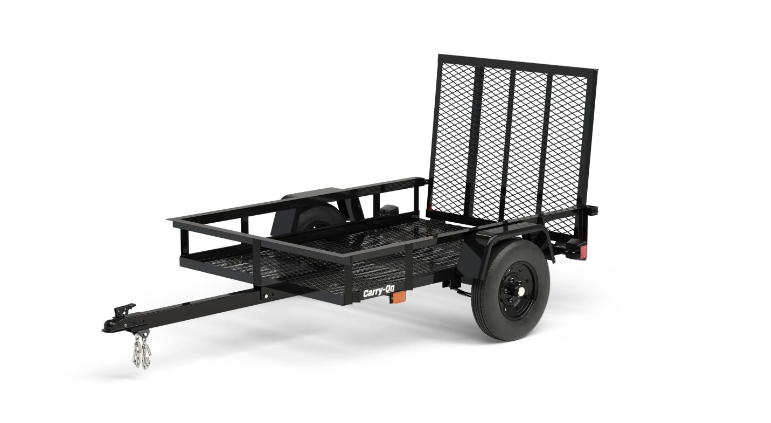Trailers have come a long way since their inception, transforming from simple wooden carts to sophisticated, high-tech vehicles capable of hauling everything from livestock to luxury yachts. In this blog post, we’ll take a journey through the history of trailers, explore the innovations that have revolutionized their design, and look ahead to future trends in the trailer industry.
The Early Days of Trailers
The concept of trailers dates back centuries, with early versions being rudimentary wooden carts pulled by horses or oxen. These early trailers were essential for transporting goods, equipment, and even people over long distances. As industrialization took hold in the 19th century, the design and functionality of trailers began to evolve rapidly.
The Birth of the Modern Trailer
The early 20th century saw the advent of motorized vehicles, which revolutionized the trailer industry. Trailers were no longer limited to being pulled by animals; they could now be hitched to automobiles and trucks, greatly increasing their utility and efficiency.
One of the significant milestones in trailer design was the development of the fifth-wheel coupling system in the 1920s. This innovation allowed for more stable and secure towing, paving the way for the modern semi-trailer used in freight transport today.
Post-War Boom and Technological Advancements
The period following World War II was marked by significant advancements in trailer design and manufacturing. The booming economy and increased consumer demand for goods necessitated more efficient transportation methods, leading to the widespread adoption of trailers for commercial use.
During this era, innovations such as improved suspension systems, hydraulic brakes, and aerodynamic designs emerged. These advancements not only enhanced the performance and safety of trailers but also increased their fuel efficiency and cargo capacity.
Innovations in Trailer Design
The trailer industry has continued to innovate, incorporating cutting-edge technology to meet the evolving needs of various sectors. Some of the most notable innovations include:
Automation and Smart Technology
Modern trailers like Trailers for rent at B-Trailers are equipped with GPS tracking, remote monitoring, and automated loading systems, allowing for real-time management of cargo and routes.
Lightweight Materials
The use of lightweight, high-strength materials such as aluminum and composites has significantly reduced the weight of trailers, improving fuel efficiency and increasing payload capacity.
Aerodynamic Enhancements
Aerodynamic features like side skirts and roof fairings have been introduced to reduce drag and improve fuel economy, particularly for long-haul trucking.
Enhanced Safety Features
Advanced braking systems, anti-lock brakes, and electronic stability control are now standard in many trailers, enhancing safety for both the driver and the cargo.
Future Trends in Trailer Design
As we look to the future, several trends are set to shape the trailer industry:
Electric and Hybrid Trailers
With the push towards sustainability, electric and hybrid trailers are gaining traction. These trailers offer reduced emissions and lower operating costs, aligning with the global shift towards greener transportation solutions.
Autonomous Trailers
The development of autonomous driving technology is extending to trailers, with prototypes of self-driving trailers being tested. These trailers could revolutionize logistics by increasing efficiency and reducing the need for human drivers.
Modular and Customizable Designs
Future trailers will likely offer more modular and customizable options, allowing businesses to tailor their trailers to specific needs and applications.
Embracing the Future
The evolution of trailer design is a testament to human ingenuity and the relentless pursuit of efficiency and innovation. From humble wooden carts to sophisticated, technology-driven vehicles, trailers have played a crucial role in shaping modern transportation.
As we embrace the future, the trailer rental industry will continue to evolve, driven by advancements in technology and a commitment to sustainability. Whether you’re a business owner, a logistics professional, or simply someone interested in the history of transportation, the story of trailer design is a fascinating journey through time and technology.

